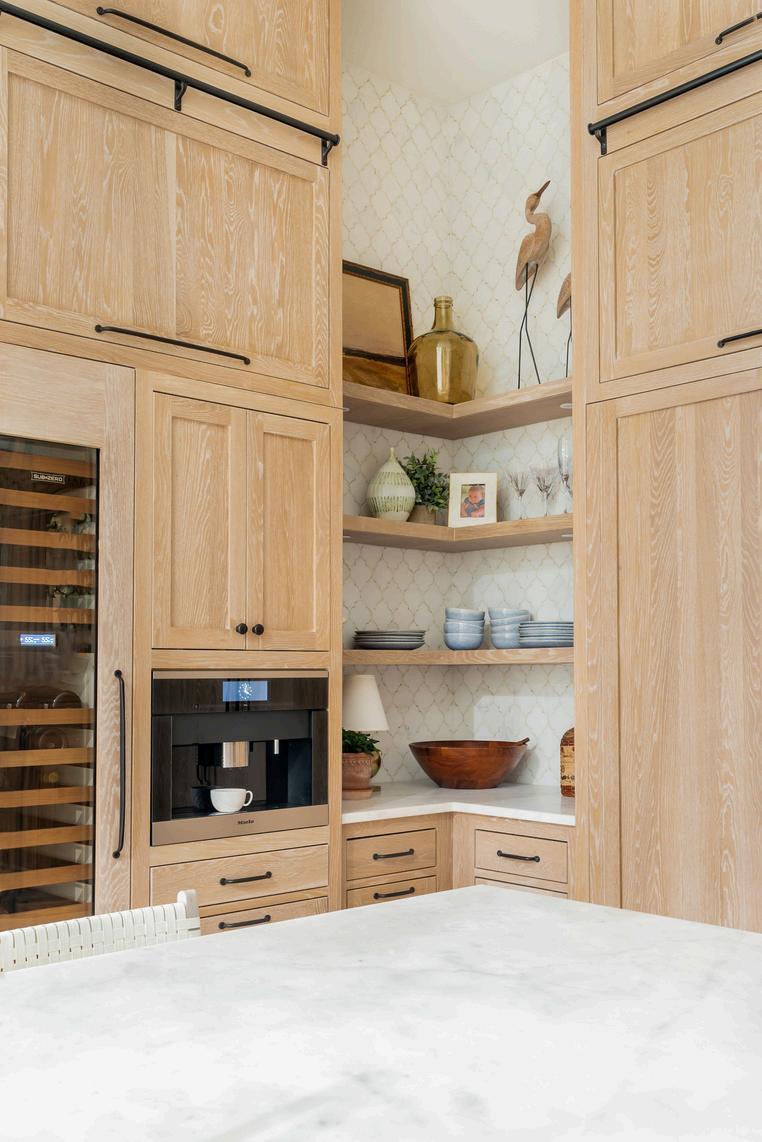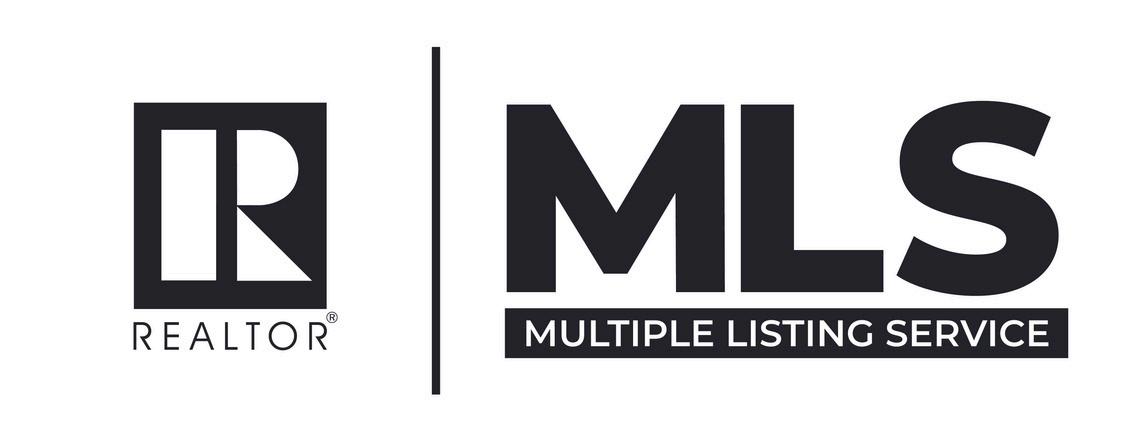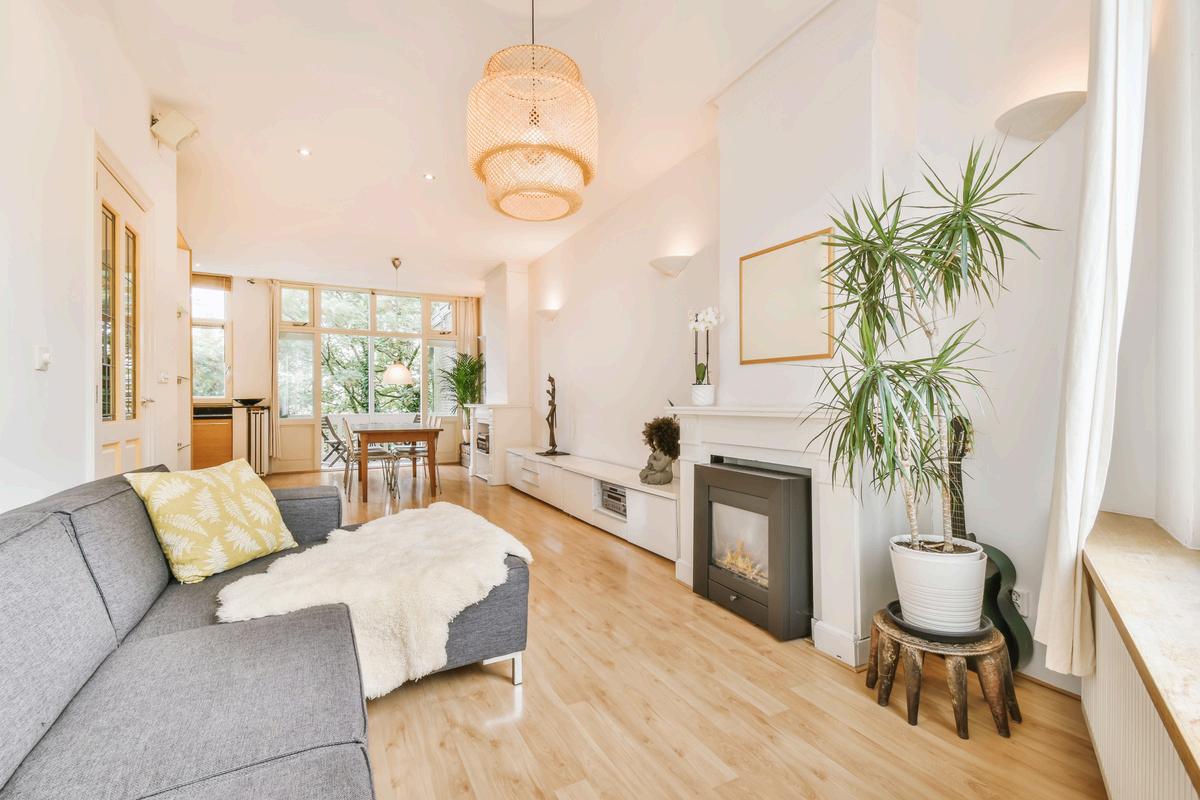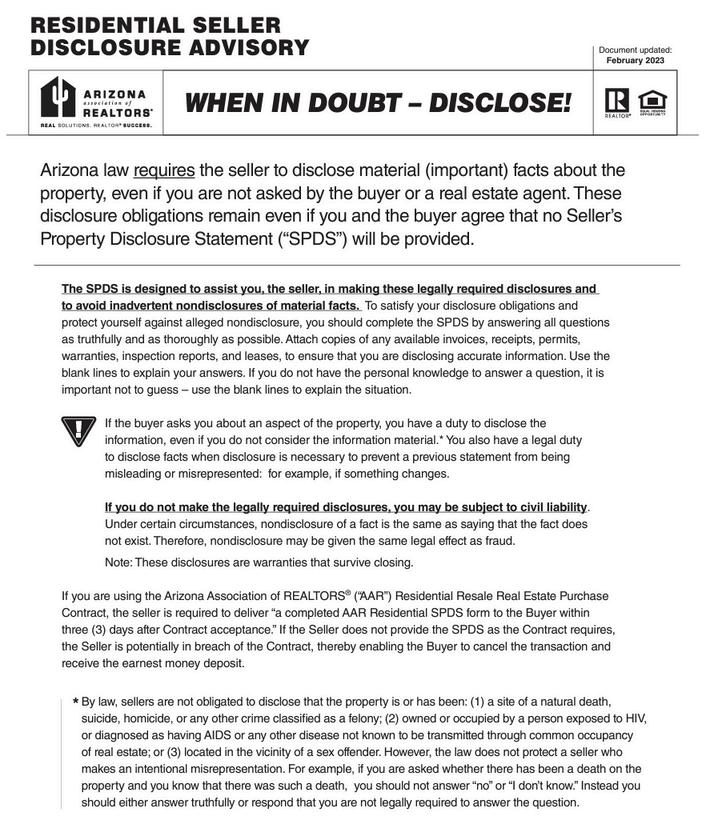sellers HOME GUIDE

















Congratulations on deciding to sell your property! Selling a home can be a challenging and complex process, but with the right preparation and guidance, it can also be a rewarding experience. This guide is designed to help you navigate the home selling process and achieve your goals.
It’s not an easy decision to make, and the answer depends on many factors, the market, your family’s needs, finances, job, school, and equity in your home.
It’s likely you’ve already thought about the current challenges in your home. Perhaps your family has changed in size since you bought it, or your lifestyle has adjusted. Perhaps your work destination has shifted. Whatever the factors may be, perhaps it’s time to consider what’s most important to you for your next home.
The goal of this guide will be to aid you in making the best choice possible, and to equip you for the day you do decide to sell. We’ll also have some tips about how to make the most of the time before you sell.
Though not as detailed as a professional appraisal, a CMA evaluates the home and market to estimate home value, typically for listing purposes.
Location: The region, city and neighborhood in which a home is located.
Property: Characteristics of the house, including improvements and the land it sits on.
Comparable properties: Sales, listings, vacancies, cost, depreciation and other factors for similar houses in the same market.

Prelisting Appointent
Pricing and Prep
Coming Soon
Listing on the MLS
Open Houses and Showings
Evaluating an Offer
Disclosures and Inspection
Appraisal and Closing
We’ll tour your home with the eyes of a Buyer and take notes on how to best assist and position your home for the market. Studies show you have “8 seconds to Wow” a buyer from curb appeal to opening the front door, we’ll help make your home shine!
To be sure we can help you reach your desired goal we’ll talk through your priorities, concerns and what to expect. Each situation is different and requires different strategies. Our goal is to do what’s best for you, in fact it’s our fiduciary responsibility.
One of the common questions is how the process works as well as the timeline to get a home on the market. While each home and client has different needs, we use a digital transaction timeline and will discuss the best case scenario for you.
Perhaps most important to Sellers is what they walk away with. In this ever changing real estate environment we’ll be equipped with market data, relevant homes and the various fees associated with selling a home. Then we can prepare an estimated net sheet for you to consider as we finalize your pricing strategy.
Another big consideration is any possible tax implications - we’ll send you a list of questions people commonly ask their financial and tax advisors. We always advise you discuss the home sale with your financial advisors first. Our hope is to be sure you’re well informed and can make decisions for your best possible outcome.
Title and escrow fees are often about 1.2% of the gross sales price of the home. We’ll ask them to search for any applicable discounts and ask a series of questions to that effect.
We provide a custom marketing package including videography, professional photography, social media ads, ad re-targeting and advertise your home on more than 200 sites. We pay the cost of that up front to get your home maximum exposure.
We offer a full menu of services so you can choose the plan that best fits your goals. From our Premier Service package to a full Concierge Service you’re in control. Historically sellers in the US have offered Buyer’s agents a fee as well, we’ll discuss this as that is being litigated as of the time of this printing. We’ll provide information and data from the comparable homes and any buyer agent fees offered by the sellers. Our job is to inform and educate so you can make an informed decision.
List your home as coming soon or active, and submit a “contingent offer”. See below for contract specifics. Sellers are most inclined to accept offers where the property is already under contract, but it all depends on the sellers, and the market.
A bridge loan may make it possible for you to get funding without listing your home for sale yet. This option typically carries higher interest rates, but the most flexibility.
Request a post posession from the buyers on your home so that you can stay until your new home closes . This scenario would make you the tenant, and the buyer your landlord after the closing of your home, until the date you move out. We recommed a thorough rental contract and renters insurance for the time of post possession.
Many people will need the funds from the sale of their current home to finance the purchase of their next home. That doesn’t necessarily mean you need to close on your current home before you put in an offer on a new home. Here are a few alternatives. 1. 2. 3. 4.
Plan to list your home and put your possessions in storage or rent a living space until you close on a house you love.
When it comes to the financing of your new home, the great news is you have options. There’s more than one strategy depending on what your goals are and we’re here to help you explore some of those available to you.


HELOCs can be a great tool to access the equity in your home for down payment on the new home if you don’t have other assets saved or you’re looking to avoid capital gains taxes. You will want make sure that you can qualify for the new purchase with both the new mortgage + HELOC payment if you pursue this strategy.
A Bridge Loan is essentially a short term loan that allows you to use the equity in your current home to buy a new property without having to sell your current home. The short term loan is generally 4 - 12 months in length at a higher interest rate allowing you to sell your home and eventually refinance out of the bridge loan
A contingent offer is simply an offer on a house with a protective clause on behalf of the buyer. For example - the offer on your new home could be “contingent” on the sale of your current home. This safe guards you from being stuck with two mortgage payments and can be a lender requirement depending on on several factors.
In addition to the strategies above, there are a number of alternative loan options out there for you as a seller. The best part is, you don’t need to spend countless hours trying to discern what’s best for you. This is where partnering with someone who will work to truly understand your situation comes in. The beautiful thing about mortgages are they are not a one size fits all, so let’s find out what’s truly best for you to succeed.
If you decide to submit an offer before your home is sold we will utilize the applicable sections of the buyer contingency addendum.

A sellers receptiveness to a contingent offer is very dependant on the individuals circumstances, the market, and the rest of the offer. We always work closely with our clients to advise them on the competitiveness of an offer with special contingencies.
We offer a few pricing strategies for your review:
This pricing strategy is for Sellers who want a certain price for their home and have time to wait. This is also for people with very specific homes that are not the norm in their area. Much like retail therapy we may need to put it on sale, just like Nordstrom.
This is where most Seller's land, right on par with what the market is doing now. We like the psychology of using a "9" in pricing for some price points, it can indicate a strong value to the Buyer.
For a quick sale, when timing is a motivation I'd suggest this option. I don't advise a big discount off Market Value - Buyers will think something is wrong with the house - rather a slight discount, the strategy here is to get a bidding war going with Buyers.
Factors for Pricing Consideration
Market Conditions
Comparing the property to 3 other properties in the area that have recently sold. This is the number required for an appraisal. Any detrimental aspects of the property be it condition, proximity to major street, property damage, etc. Where the home is located, what type of area it's in, and how that affects the value.
Size of home, year built, and property details ie: pool, garage, number of stories, etc.
Add usable square footage
Adding more usable space to an existing home can make a lot of financial sense, and almost always enhances a home’s worth. Homes are valued and priced by the livable square feet they contain, and the more livable square feet, the better. As a result, adding a bathroom, a bedroom or another needed space to a home can increase function and add value. Adding a separate in-law suite (officially known as an accessory dwelling unit) can also be a smart idea. Many people chose to rent these out to subsidize their mortgage.
Make your home more energy-efficient
Projects that lower utility bills are a smart way to increase the value of your home. Installing a smart thermostat, replacing old, leaky windows, installing energy-efficient home appliances and adding insulation to your home.



From power washing your driveway to hiring someone to wash your windows and mow the lawn, improving curb appeal can make a big difference in your home’s value. In fact, curb appeal can account for as much as 7 percent of it, according to a 2020 joint study out of the University of Texas at Arlington and the University of Alabama. Some ideas include: a fresh walkway, shrubs, planters, mulching or even a new patio or outdoor fireplace.
Many buyers zero in on the kitchen as the central feature of a home, so if yours is outdated, it can ultimately affect how much you garner from a sale. Likewise, if you aren’t able to utilize your kitchen fully due to layout, space or other concerns, you won’t be maximizing the space. This project, though, will require a lot of money, and you likely won’t get every dollar you invest back. According to the NAR’s “2022 Remodeling Impact Report,” the average complete kitchen renovation costs around $80,000, and a homeowner would likely get around $60,000 of value when it’s time to sell. Midrange or modest upgrades actually offer a better ROI than the most elaborate ones.





Before putting your property on the market, it's essential to prepare it for sale. Read along for some of our top tips to ensure your home is ready for success on the. market.
Remove personal items and excess clutter to create a clean, neutral space that allows potential buyers to envision themselves living in the property.
Fix any visible issues or damage, such as leaky faucets, cracked walls, or broken windows. Ensure that all systems, such as HVAC, plumbing, and electrical, are in good working condition.
Consider hiring a professional stager or using virtual staging to showcase the property's best features and create a welcoming environment.
First impressions matter, so make sure the property's exterior looks inviting and well-maintained. Add fresh landscaping, paint the front door, or replace outdated fixtures to improve curb appeal.

To attract potential buyers, you need to market your property effectively. Here are some marketing tips to help you sell your property
A knowledgeable real estate agent can help you price your property, market it effectively, and negotiate with buyers. Choose an agent with experience in the local market and who you trust to represent your interests.
High-quality photos and videos showcase your property's best features and attract potential buyers. We always use a professional photographer and videographer to create stunning visuals, including floorplans and property websites. We format our media package to be Zillow, MLS and third party compliant. That means we usually create multiple video types to maximize engagement across various mediums.
Most buyers begin their property search online, so make sure your property is listed on popular real estate websites and social media platforms. We advertise on over 200 sites online.
We use Ad Re-targeting to follow Buyers around the internet after they click on your home. (like Target or Amazon)
We study the various algorithms for third party sites to ensure your home stays in the top few when Buyers look for a home in the area. Additionally, we look for buyers by advertising in our feeder markets - the top 5 places buyers move here from, i.e. Los Angeles, Chicago, New York, San Francisco and Seattle.
Curb appeal starts on the Internet so it’s very important to make the pictures of your home attractive. If your listing’s photographs on the Internet don’t sell your home, you might not ever get the buyers to actually do a physical drive-by and come inside your home
Professional pgotos are an absolute must for capturing buyers attention and doing your home justice. Good lighting, high quality photographers, we cover it all so that your home starts out with a strong impression.
We optimize Zillows promotion of your property by including a 3D self guided digital tour that can be seen on Zillow. This is a fantastic way for interntet buyers to get a true sense of size and flow of the homes layout. This requires a special camera and the photography service we utilize is fantastic at them.
Social media marketing can really benefit from a home tour video that includes a friendly face. We often make home tour videos to highlight some of our favorite features of your home, and get more eyes on your listing. For large and unique properties we might even include a lifestyle video to fit the scale of the home.
Drone imaging is a fantastic way to capture a particularly significant neighborhood. We can also use drone images to highlight proximity to mountains, parks, or popular amenities. Not every home benefits from drone imaging, so as always we decide that with you in a case by case approach.
While we prep for listing we will also have you complete the Seller Property Disclosure Statement (SPDS), and get a letter from your home insurance disclosing any claims that have been made in the last 5 years.

Your home is active, now it’s time to start getting potential buyers inside to fall in love! Here’s what you need to know about prepping for showings and open houses.
Whenever your home is being shown we recommend you leave the property. Buyers will be accompanied by a licensed real estate agent, and we find that showings go best when buyers aren’t feeling pressured by the presence of a homeowner. We recommend you leave 15 mins before the scheduled showing time, just in case they run a few minutes early. If you have any pets you will want to secure them, consider crating your animal, or bringing them with you. Agents should be careful about keeping doors and gates closed, but we never want to take an unnecessary risk with your beloved pet! Make a checklist of items that need to be put away before viewings (vacuum, valuables, photos, etc.). This list may be based on your preference, or recommendations we make. Anytime we get a showing request we will double check with you before confirming. We can upload unavailiabilty and lead time preferences in the showing request system. Our showing request system through the MLS is called Aligned Showings, agents submit requests and we will approve. We can also make you an authorized approver if you’d prefer. Agents will gain access to your home with a key provided inside a special blue lockbox. Only licensed and active real estate agents are able to access these lockboxes, and it tracks entry times.
We recommend the same procedures for open houses, though they will be hosted by your agent, and buyers may come through without an agent. We typically provide some snacks and beverages, play music, and do whatever we can to make your house feel homey and inviting!
Open houses can be great, bumps the algorithm even if we don’t get many people through. We might also host a Broker open for just real estate agents, and if you want to increase the number of open houses we can offer it as a hosting opportunity to other agents on our team or that we know and trust. Statistically, less than 7% of homes sell from an open house.



Once you receive offers from potential buyers, it's time to negotiate and close the deal. Here are some tips to help you negotiate with buyers:
Don't immediately dismiss offers that are lower than your asking price. Consider all offers carefully and work with your real estate agent to evaluate them.
Be willing to negotiate on price, closing dates, and other terms to find a mutually beneficial agreement with the buyer.
Open and honest communication with the buyer and their agent can help build trust and foster a successful negotiation process.
Offer price is important, but we’ll be sure to discuss terms of the offer, too. The amount of contingencies, the length of the due diligence period and other factors are wise to consider. We’ll walk you through all of them to consider the whole offer.
Once you have an accepted contract you'll begin interacting with an escrow officer through a mutually agreed upon title company.The title company is a third party that works on behalf of both the lender and the buyer. You hire them to research and insure the title of the home you ’ re buying.
Escrow: In real estate, escrow is typically used for two reasons:
To protect the buyer’s good faith deposit so the money goes to the right party according to the conditions of the sale
To hold a homeowner’s funds for property taxes and homeowners insurance.
Because of the different purposes served, there are two types of escrow accounts. One is used during the home buying process, while the other is used throughout the life of your loan.
Title Company: Title companies are adept at finding any issues that might keep a home from legally being sold. These problems include:
Liens
Unpaid fees for work performed
Undisclosed owners or heirs with claims to the property
Special assessments on the property
Outstanding loans on the home
Earnest Money Deposit: Typically, buyers pay earnest money to an escrow account or trust under a third-party like a legal firm, real estate broker or title company. Acceptable payment methods include personal check, certified check and wire transfer. The funds remain in the trust or escrow account until closing. That's when they get applied to the buyer's down payment or closing costs.
BEWARE: WIRE FRAUD IS ON THE RISE.
Accepting wire and disbursement instructions by email is dangerous, especially changes to those instructions.Verify by calling the originator of the email using previously known contact information prior to sending funds.
Beginning at contract acceptance and ending at the end of the 10th day. During this time period the Buyer will have the opportunity to conduct any and all necessary inspections described in the AAR Residential Purchase Contract. This time period can be the most critical time, considering that the Buyer’s may have the option to cancel anytime during this period.
SPDS: Seller Property Disclosure Statement This AAR form must be completed by the Seller and delivered to the Buyer within the first (3) days after Contract Acceptance.
Seller shall deliver to Buyer a (5) year Insurance claims history report regarding Premises (or for the length of time that the Seller has owned premises), within the first (5) days after Contract Acceptance.
Inspections:
Inspections are initiated, and paid for by the Buyer. The initial inspection will be general in scope, and buyers can pursue further in depth inspections ie: Roof, plumbing, electrical, Pool, etc. Termite Inspection: can be performed by the certified Home Inspector or by an Independent Termite Inspector. Not all Home Inspectors will inspect for termites.
After the Buyer has performed all desired inspections they will submit a Buyer’s Inspection Notice to the Seller (on or before day 10) with a possible selection of the following:
a. Premises Accepted. (No Sellers Response required)
b. Premises Rejected. (Cancellation of Contract shall occur, and return of earnest money)
c. Buyer elects to provide Seller an opportunity to perform repairs. These repairs could be minor or major depending on the inspector’s findings.
Upon receiving this Buyer’s Inspection Notice, the Seller’s will have a total of (5) day to respond to any requested repairs that may have been requested. At this time the Seller may respond with: a. No, will not perform any of the requested repairs b. Yes, will perform all requested repairs c. Yes, will perform only selected repairs that they feel are reasonable or acceptable.
Buyers Notice
Sellers Response
The inspection period is by far the most likely time a contract will be canceled or as they say, “fall out of escrow. ” For this reason, we may encourage the acceptance of backup offers, and will continue to market your property. We recommend you continue to allow showings during the inspection period. This is also a reason we may share the SPDS with potential buyers prior to contract acceptance, so that they enter the transaction with eyes wide open.
Simply put, an appraisal is an opinion of the value of the subject property. Lenders generally require it for the buyers if they are using the home as collateral for the loan. Lenders want to ensure that the property is worth as least as much as the full purchase price.
We prepare an appraisal package for the appraiser that supplies data supporting our sales price, market data comparable properties and upgrades to the home
An independent third party carries out appraisals. This person can have no financial stake in the outcome of the appraisal. Mortgage companies usually hire an Appraisal Management Company which in turn hires a licensed local appraiser who is on their roster. The buyer pays for the appraisal as part of the home loan process, a typical appraisal costs $400-$800.
What factors into a home appraisal?
Appraisals are usually very detailed, but most include the following. Market Conditions
Comparing the property to 3 other properties in the area that have recently sold.
Any detrimental aspects of the property be it condition, proximity to major street, property damage, etc.
Where the home is located, what type of area it's in, and how that affects the value.
Size of home, year built, and property details ie: pool, garage, number of stories, etc.
If a home appraises for less than contract price, there are a few options:
1.Lower the sale price to the appraised value
2.The buyer comes out of pocket for the difference.
3.Some combination of buyer and seller concession.
4.The sale is canceled, buyer gets their earnest money back.
5.Contest the appraisal in the case of an error or missing information.
After the appraisal we'll just be waiting on the final loan approval before we can close. There's not much you can do at this point, except, if you’re closing simultaneously while buying...listen to your mortgage officer when they tell you not to make any major purchases before we officially close. You don't want to lose your new house over a poorly timed car purchase, shopping spree, or a silly account transfer.
A day or two before the scheduled closing the buyers do a final walkthrough of the property. The purpose of this walkthrough is to make sure that the home is in the same condition it was when the buyers agreed to purchase it, and all agreed upon repairs have been completed. Here's a checklist of what they will be looking for.
Requested repairs have been made.
No major, unexpected changes have been made to the property since last viewed (damage to the property).
All items included in the sale price draperies, lighting fixtures, etc. are still on site.
All appliances are operating (dishwasher, washer/dryer, oven, etc.).
No plants or shrubs have been removed from the yard. Garage door opener, codes, keys, and other remotes are available.
Instruction books and warranties on appliances and fixtures are available
Intercom, doorbell, and alarm are operational. Screens are in place or stored onsite.
All personal items of the sellers have been removed. Copies of repair receipts and warranties are in hand.
Wiring is the most risky part of your transaction. Wire fraud is on the rise, and hackers are getting better at replicating emails You should receive wiring instruction from the title company, and we always recommend calling the escrow agent to double check. You should also talk to your bank well in advance to confirm funds and go over the process, and talk to your accountant to prepare.
The week before closing we’ll request the title company send an estimated settlement for review. We evaluate it against the contract for accuracy then send it for your review. It will outline your total costs, sales price and your net proceeds. Please be sure to look it over and ask any/ all questions
IT'S TIME TO SIGN AND RECEIVE PAYMENT
Before you can close you'll need to sign some final documents with the the title company. Typically we sign a few days in advance. Here’s what to expect:
These days it typical to sign with a mobile notary, they can come to your home, place of work, or even our Realty Executives offices.
You’ll need your drivers license as well as a second form of ID (even a Costco membersip card will do) You will sign documents to transfer property ownership. The title company will register the new deed in the buyers name.
It's all relatively simple, and much less paperwork than when you’re on the buying side.



